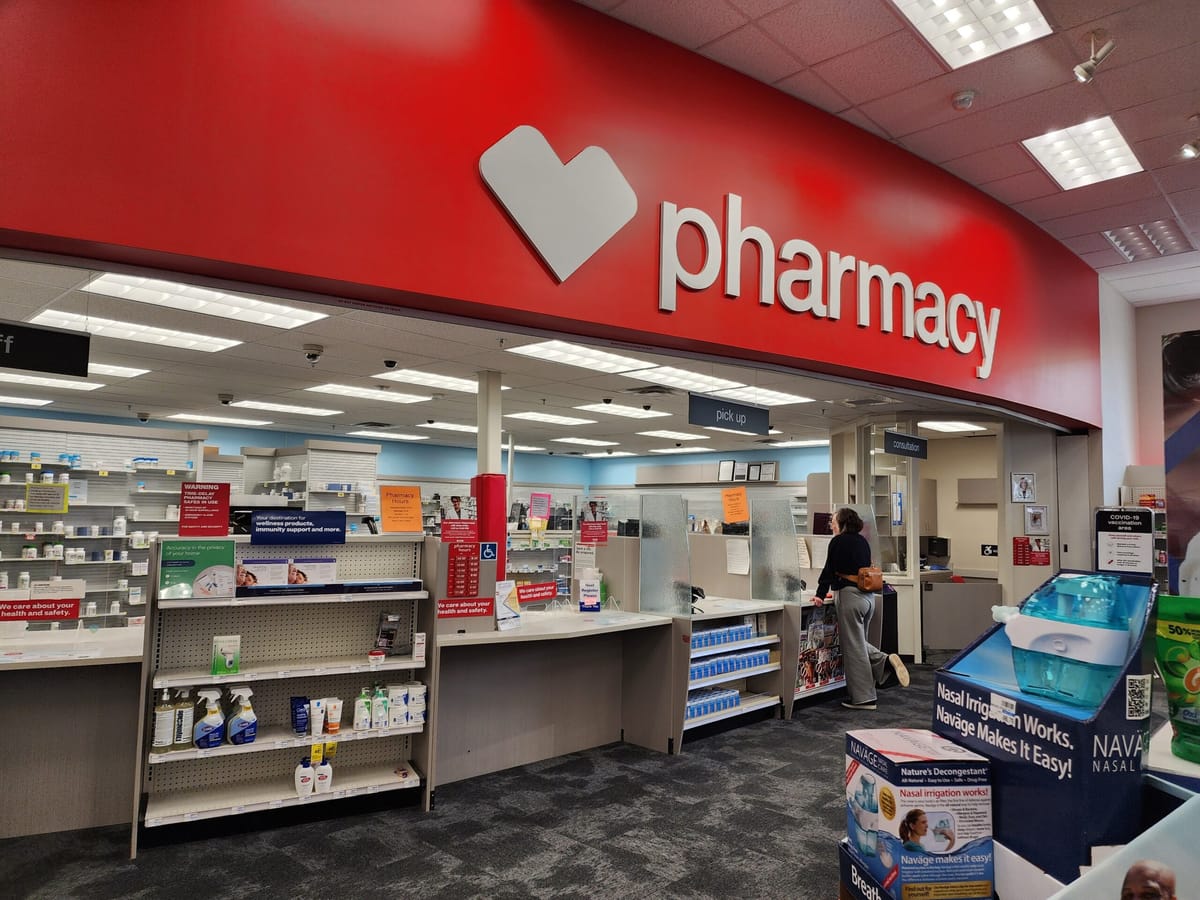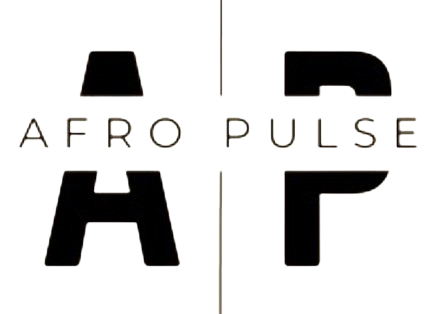The Disturbing Trend of Pharmacy Deserts in Black Neighborhoods

Imagine a scenario where you have to travel miles to get your prescription drugs, or where you have no access to basic health services like immunization, testing, or counseling. Sounds like a nightmare, right?
Well, for millions of Americans, especially those living in segregated Black neighborhoods, this is a harsh reality. They are trapped in what researchers call “pharmacy deserts” - areas where there are few or no pharmacies within a reasonable distance.
Pharmacy deserts are not only inconvenient, but they are also dangerous. They can affect the health and well-being of people who rely on medications for chronic conditions, such as diabetes, hypertension, or asthma. They can also limit the availability of preventive care, such as vaccines, contraceptives, or naloxone. And they can exacerbate health disparities that already plague Black communities, such as higher rates of mortality, morbidity, and COVID-19 infections.
How did this happen? How did we end up with a system that leaves millions of people without access to essential health care services? And what can we do to fix it?
The Causes of Pharmacy Deserts
Pharmacy deserts are not a natural phenomenon. They are a product of structural racism and economic inequality that have shaped the distribution of pharmacies across the US.
One of the main causes of pharmacy deserts is low reimbursement rates for Medicaid and Medicare Part-D, which are the main sources of insurance for many low-income and elderly people. These programs often pay pharmacies less than the cost of dispensing drugs, making it hard for them to stay profitable. As a result, many pharmacies close down or relocate to more affluent areas, where they can charge higher prices and attract more customers.
Another cause of pharmacy deserts is the lack of regulation and protection for pharmacies in underserved areas. While some states provide higher reimbursement rates or incentives for pharmacies in rural areas, few do the same for urban areas, where most Black people live3. Moreover, some insurance plans use narrow pharmacy networks, which exclude many pharmacies in Black neighborhoods, forcing patients to travel farther or pay more out-of-pocket.
These policies are a form of structural racism, as they discriminate against pharmacies and patients in Black neighborhoods, while favoring those in white neighborhoods. They create a vicious cycle, where pharmacies close, patients lose access, health outcomes worsen, and health disparities widen.
The Consequences of Pharmacy Deserts
Pharmacy deserts have serious consequences for the health and quality of life of people living in them. Studies have shown that pharmacy deserts are associated with lower medication adherence, higher hospitalization rates, and poorer health outcomes for chronic diseases.
For example, a study in Chicago found that people living in pharmacy deserts were 50% more likely to skip their blood pressure medications, compared to those living in areas with adequate pharmacy access5. Another study in Los Angeles found that people living in pharmacy deserts were 68% more likely to be hospitalized for heart failure, compared to those living in areas with high pharmacy density.
Pharmacy deserts also limit the access to preventive care, such as vaccines, contraceptives, or naloxone. These services can save lives, reduce infections, and prevent unwanted pregnancies and overdoses. However, they are often unavailable or inaccessible in pharmacy deserts, leaving people vulnerable and unprotected.
For instance, a study in New York City found that pharmacy deserts had lower rates of flu vaccination, especially among Black and Hispanic adults7. Another study in Philadelphia found that pharmacy deserts had lower rates of naloxone dispensing, despite having higher rates of opioid overdose deaths.
Pharmacy deserts also have a negative impact on the social and economic well-being of people living in them. They reduce the availability of jobs, income, and tax revenue for the local community. They also increase the transportation costs, time, and stress for patients who have to travel farther or switch pharmacies to get their medications.
The Solutions for Pharmacy Deserts
Pharmacy deserts are a serious public health problem that requires urgent action. There are several possible solutions that can help address this issue and improve the access and quality of pharmacy services in Black neighborhoods.
One solution is to increase the reimbursement rates for Medicaid and Medicare Part-D, to ensure that pharmacies can cover their costs and remain viable. This would require federal and state governments to allocate more funds and adjust their payment policies to reflect the true value of pharmacy services.
Another solution is to regulate and protect pharmacies in underserved areas, to prevent them from closing or relocating. This would require state governments to enact laws or incentives that support pharmacies in pharmacy deserts, such as tax breaks, grants, loans, or subsidies. It would also require insurance plans to include more pharmacies in their networks, and to offer fair and transparent contracts to pharmacies.
A third solution is to expand the scope and role of pharmacists, to allow them to provide more services and care to patients. This would require state governments to grant pharmacists full authority to prescribe, administer, and monitor medications, as well as to offer other health services, such as testing, counseling, or referrals. It would also require pharmacists to receive more training and education, and to collaborate more with other health care providers.
A fourth solution is to leverage technology and innovation, to enhance the delivery and accessibility of pharmacy services. This would require pharmacies to adopt digital tools and platforms, such as telepharmacy, online ordering, mobile apps, or delivery services. It would also require pharmacies to explore new models and formats, such as pop-up, mobile, or kiosk pharmacies.
The Call to Action
Pharmacy deserts are a disturbing trend that affects millions of Americans, especially those living in segregated Black neighborhoods. They are a manifestation of the systemic racism and inequality that plague our health care system.
We cannot afford to ignore this problem any longer. We should demand that our governments, insurers, and pharmacies take action to address this issue and ensure that everyone has access to quality and affordable pharmacy services. Let’s be sure to make our voices heard and hold our representatives accountable.





